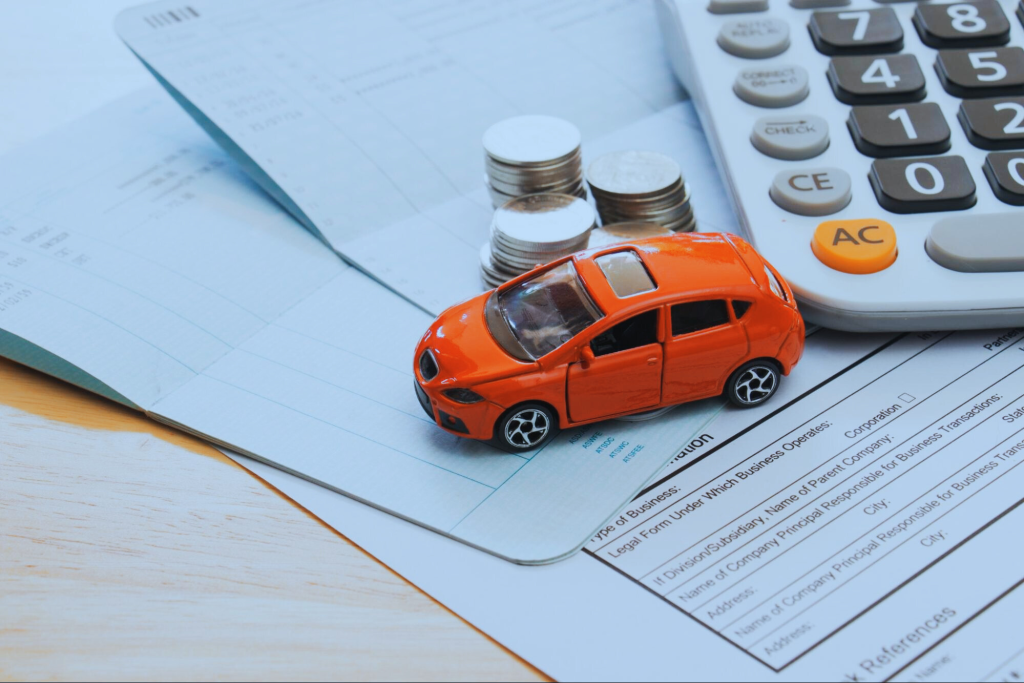Understanding how auto insurance works can feel overwhelming, especially when it comes to choosing between commercial auto vs personal auto insurance. While both types of coverage protect vehicles, they serve very different purposes, and selecting the wrong one could leave you underinsured or facing unexpected costs.
Whether you’re a business owner managing a fleet of vehicles or an individual with a personal car, understanding the differences between these two types of policies is important. In this article, we’ll break down the key differences between commercial vs personal auto insurance, highlighting what each covers and offering insights into which option is the best fit for your needs.
What is Commercial Auto Insurance?
Commercial auto insurance is designed to cover vehicles used for business purposes. This type of policy typically includes coverage for vehicles owned by a business as well as those used for work-related tasks, such as transporting goods or employees. Coverage options generally include liability, collision, and comprehensive coverage tailored to the business’s needs.
A key feature of commercial auto insurance is its ability to cover multiple drivers and vehicles under a single policy. Businesses often operate various vehicles and employ different drivers, making it essential for the insurance policy to encompass all possible scenarios. This flexibility ensures that businesses are protected from potential liabilities associated with accidents or damages that may occur during the course of operations.
What is Personal Auto Insurance?
Personal auto insurance covers vehicles primarily used for personal activities. This type of insurance is intended for individual drivers and typically includes liability, collision, and comprehensive coverage, similar to commercial policies. However, personal auto insurance is structured around the needs of a private individual, focusing on everyday driving, commuting, and leisure activities.
A significant aspect of personal auto insurance is that it is tailored for the individual policyholder. It usually covers only the named drivers listed on the policy and their personal vehicles. Because of this, personal auto insurance often has lower premiums compared to commercial policies, reflecting the reduced risk profile associated with non-commercial use.

Purpose and Use Cases
When it comes to the purpose and use cases, commercial auto insurance serves businesses that rely on vehicles as part of their operations. This can include delivery services, transportation companies, construction firms, and any other industry where vehicles are integral to conducting business. Commercial insurance policies often provide higher liability limits and specialized coverage options, such as cargo insurance or coverage for hired and non-owned vehicles.
On the other hand, personal auto insurance is designed for individuals and families. It covers personal vehicles used for commuting to work, running errands, or traveling for leisure. While personal auto insurance can also provide comprehensive protection, the scope is narrower than that of commercial policies, reflecting the different risks associated with personal versus business use.
Coverage Limits and Exclusions
One of the most notable differences between commercial vs personal auto insurance lies in coverage limits and exclusions. Commercial auto insurance typically offers higher coverage limits to account for the increased risks associated with business activities. For example, if a company vehicle is involved in an accident that causes significant property damage or injury, the higher limits help protect the business’s financial interests.
On the other hand, personal auto insurance policies often have lower coverage limits, reflecting the typical risks associated with personal vehicle use. Additionally, personal auto policies usually have specific exclusions for business-related use. For instance, if a driver is involved in an accident while using their personal vehicle for work purposes, their claim may be denied based on this exclusion.
Cost and Premium Differences
The cost of insurance is a significant consideration when choosing between commercial vs personal auto insurance. Commercial auto insurance tends to be more expensive due to the higher risks associated with business use. Factors such as the type of business, the number of vehicles, and the driving history of employees can all impact auto insurance premium costs. Insurance companies assess these variables to determine the likelihood of claims, which in turn affects the premium.
In contrast, personal auto insurance premiums are generally lower, as they reflect the reduced risk associated with personal use. Factors influencing personal auto premiums include the driver’s age, location, driving record, and the type of vehicle being insured. Understanding these differences can help individuals and businesses make informed decisions about their insurance needs.
Claim Process and Reporting
The claims process for commercial auto insurance can differ significantly from that of personal auto insurance. In a business setting, accidents involving commercial vehicles often require more extensive documentation and reporting. Businesses may need to provide detailed information about the accident, including witness statements, police reports, and proof of vehicle use for work purposes. This comprehensive approach helps ensure that all aspects of the incident are documented for review and assessment.
Personal auto insurance claims, while also requiring documentation, tend to be more straightforward. Individuals typically report claims directly to their insurance provider, providing necessary details about the incident. The claims adjuster then reviews the information to determine coverage and compensation. This process is generally less complex than that of commercial claims, reflecting the simpler nature of personal vehicle use.

Commercial Auto vs Personal Auto Insurance Bottom Line
In summary, recognizing the distinctions between commercial auto vs personal auto insurance is key to choosing the right protection for your vehicles. Commercial auto insurance is specifically tailored for businesses, offering coverage that addresses the unique risks of business operations, from multiple drivers to higher liability needs.
Personal auto insurance is created to meet the everyday driving needs of individuals and families. By understanding what each type of policy covers and when to use it, both business owners and personal drivers can make smarter insurance decisions, ensuring they stay protected against potential financial risks on the road.
